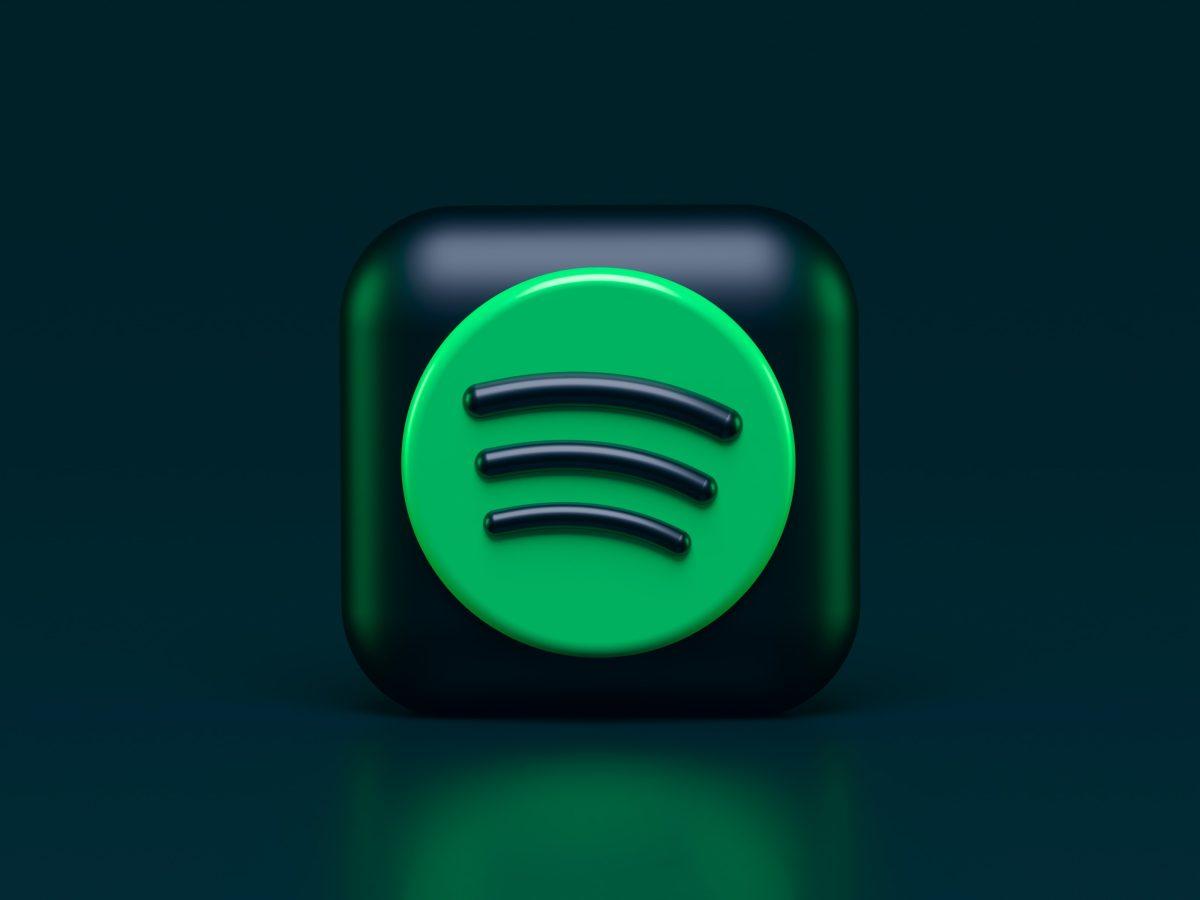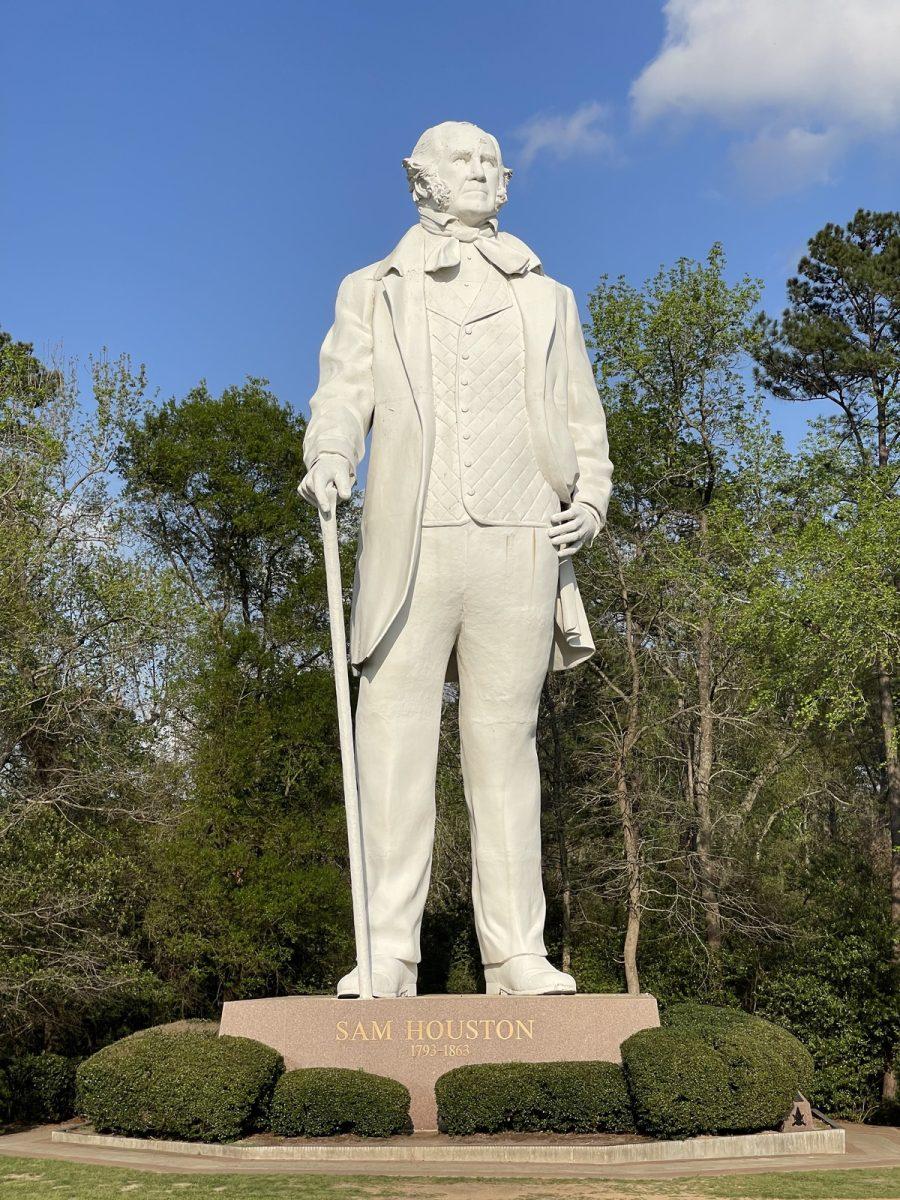
Spotify recently lost Neil Young’s music collection on their platform. Young did not want to share a platform with Joe Rogan, host of the “Joe Rogan Experience” podcast, because he claimed Rogan was using the platform to spread misinformation about COVID-19.
The veteran rock artist gave the music sharing platform an ultimatum, it was him, or Rogan, and he would not share a platform with someone who he claimed was misinforming millions about the pandemic.
Rogan has come under some fire for some of his claims about COVID-19 on his podcast, and guests he has brought on. Some consider them to be misleading and even dangerous, but it seems to work for Rogan.
Rogan has the most viewed podcast on Spotify’s platform, being downloaded an estimated 200 million times a month, with about 11 million views per episode.
Some of the claims that Rogan has made on his podcast have been debunked by fact checkers, such as when Rogan described MNRA vaccines as gene therapy, and that they can alter a person’s DNA.
The RNA used in COVID-19 vaccines is messenger RNA and cannot alter your DNA as Rogan suggested and is safe for humans to use in vaccines, according to fact checkers for BBC news.
But one of the most controversial pandemic related guests Rogan has hosted was Dr. Robert Malone. Malone had claimed that he was the inventor of MRNA vaccines and is now saying they are dangerous and was banned from twitter last year for violating COVID-19 misinformation terms about vaccines.
The truth is a little more complicated than that, according to Politifact. Malone was indeed an early contributor to the invention of MRNA vaccines but to call him the sole inventor is misleading.
These vaccines had many different people putting in a lot of work, and they cannot be attributed to one person.
Malone’s appearance on the show led to a collection of around 270 people, a good number of which were doctors and healthcare professionals, to sign a letter asking Spotify to address COVID-19 misinformation and some artists leaving the platform.
Young is perfectly free to express his views as he decided to choose his morals over making money by having his music played on Spotify. Not having the revenue from sharing his music there will surely affect him, but he did what he thought was right and that is admirable.
But it does not address the fact that Spotify is a private business that has every right to have whatever podcasters they see fit on their platform.
It seems to be paying off for them as Rogan continues to be one of their most viewed entertainers on the platform.
Protecting free speech sometimes means protecting speech we do not like; it is part of what makes the right to free speech such a unique issue in human history and Spotify is sticking to that by keeping Rogan on their platform.





